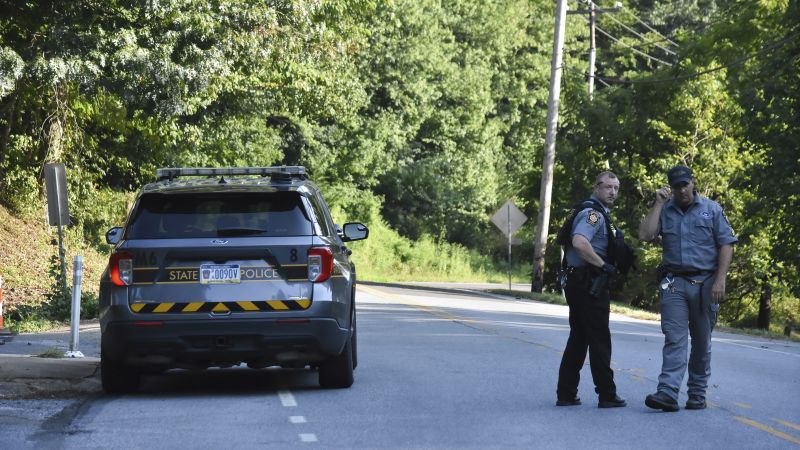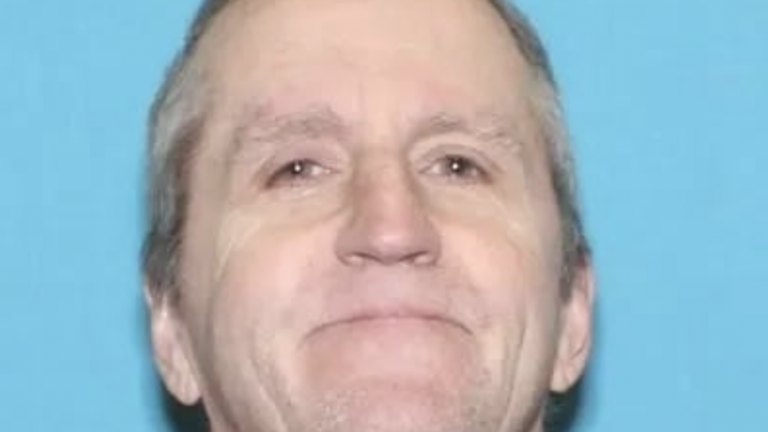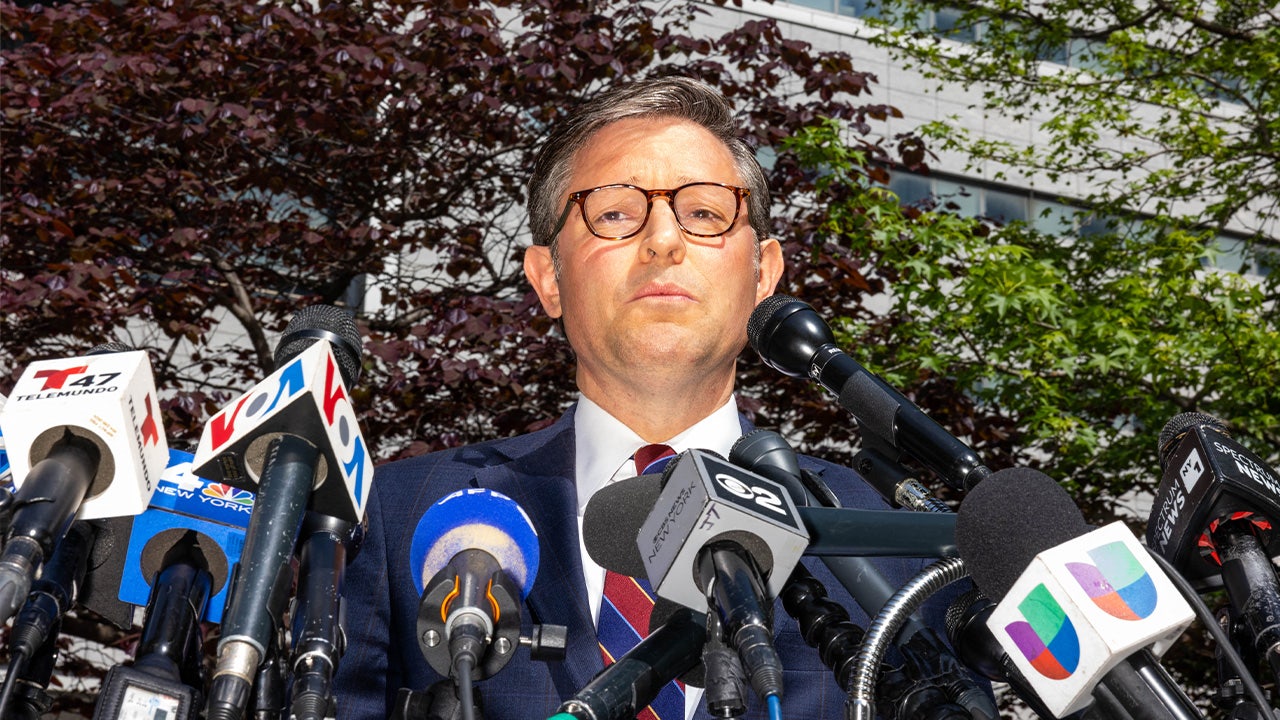CNN
—
As authorities search for a convicted murderer who broke out of an eastern Pennsylvania prison last week, they’re encountering geographical challenges in a heavily wooded area they say make it easy for someone to hide.
Danelo Cavalcante has been on the run since August 31, when he escaped from the Chester County Prison in a rural area some 30 miles west of Philadelphia. Now in its eighth day Thursday, the search for him has unnerved county residents who’ve been told he’s extremely dangerous.
Investigators believe Cavalcante has been seen several times within a few miles of the prison since his escape. But he’s proven elusive as searchers try to navigate extreme heat, high humidity and the landscape – a mix of dense woodlands and residential properties with outbuildings, Pennsylvania State Police Lt. Col. George Bivens said Wednesday.
“(There are) a lot of places that would be very easy for someone to hide (in) – even when they’re not in the dense woodland and everything,” Bivens told CNN’s Brian Todd.
The hunt has involved hundreds of law enforcement personnel and search dogs, including one that suffered from 90-degree heat and is being medically treated, Bivens said.
“Everything from the weather to the type of terrain to the clothing the individual has – a lot of things can come into play as to how well the dog can stay on that scent and follow through some difficult terrain,” Bevins said.
Still, authorities have seen signs of him in the area. Authorities came across Cavalcante’s footprints “and there have been other indicators to us that he’s passed through a certain area,” Bevins said. But they have not recovered anything left behind by Cavalcante, he added.
He was recorded at least twice on surveillance video, authorities said, including once early Saturday about 1.5 miles from the prison. A security camera also recorded Cavalcante on Monday at a botanical gardens property almost 3 miles from the correctional facility, authorities said.
Residents have reported sightings, too. A citizen of Pocopson Township, where the prison is situated, said he saw Cavalcante inside his home Friday, taking food before leaving, CNN affiliate WPVI reported. Another resident claimed to have seen him Tuesday moving into the woods near a house on the eastern side of where authorities have been searching, state police said.
And a state trooper also saw Cavalcante in the area, Bivens said Monday.
With Cavalcante on the loose, police have advised residents to ensure their doors and cars are locked. Two area school districts canceled classes for at least part of this week, with some set to return Thursday.
Five of six schools in the Kennett Consolidated School District will resume classes Thursday – one elementary school will remain closed because it’s inside the search area. Half of the six schools in the Unionville-Chadds Ford School District will remain shuttered Thursday.
Cavalcante, 34, was convicted of first-degree murder August 16 in the 2021 fatal stabbing of his former girlfriend, 33-year-old Deborah Brandão, in Chester County. Since Cavalcante escaped, Brandão’s sister – who lives in the area – has said she’s been living in fear of what he might do to her or her sister’s two children, who are in her care.
Cavalcante also is wanted in a 2017 homicide case in Brazil, his native country, a US Marshals Service official has said.
His escape from the Chester County prison was caught on surveillance video, which showed him “crab walking” between two walls in an exercise yard – placing his hands on one wall and his feet on another – and shimmying up out of view, the prison’s acting warden, Howard Holland, told reporters Wednesday.
Cavalcante then ran across a roof, scaling another fence, and getting through more razor wire, Holland said.
Whoever was on duty to monitor the 160 cameras at the prison did not see the escape unfold, and a guard in a tower overlooking prisoners who were playing basketball at the time of the escape did not see Cavalcante slip away, Holland said. The tower guard is on administrative leave while that person’s actions are being investigated.
So far, it has taken authorities more than a week to search for Cavalcante. But another inmate who escaped from the same prison in May was found just five minutes after he fled, authorities said.
Igor Bolte climbed onto the prison roof and dropped down to a less secure area on May 19, court documents obtained by CNN show.
Bolte told police he was able to scale a wall in an exercise area by putting his legs against one wall and his arms on another until he was able to pull himself onto the roof. He was caught within minutes less than a mile from the prison.
Authorities said an investigation will look into whether Cavalcante and Bolte knew each other.
Earlier this week, Chester County District Attorney Deb Ryan said prison officials have taken steps to enhance security.
“The prison is very aware of whatever vulnerabilities they had, and they have made efforts to correct those vulnerabilities,” Ryan said Monday.
Holland, the prison’s acting warden, said Wednesday that officials were under the impression razor wire would prevent escapes.
“Again, the one thing we didn’t take into account was a failure on the human element side. We only focused on the physical infrastructure and not necessarily the human element,” Holland said.
Other measures are under consideration, Holland said, including adding a guard to the yard.


































